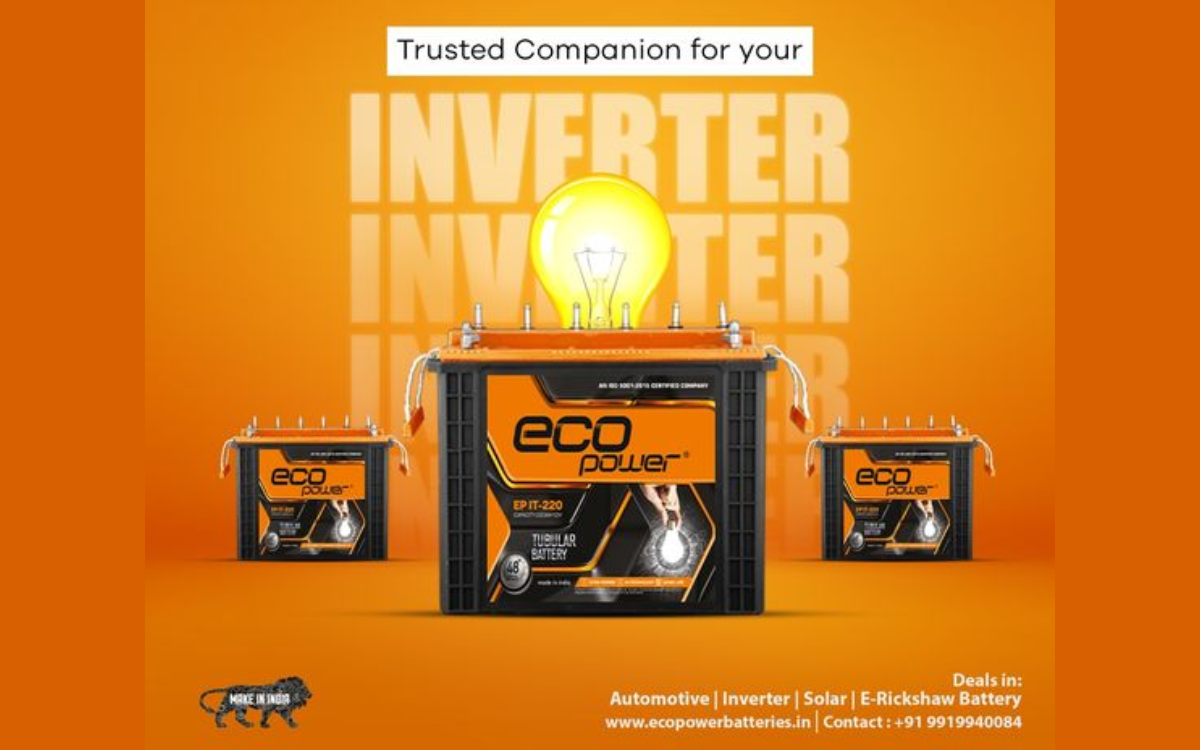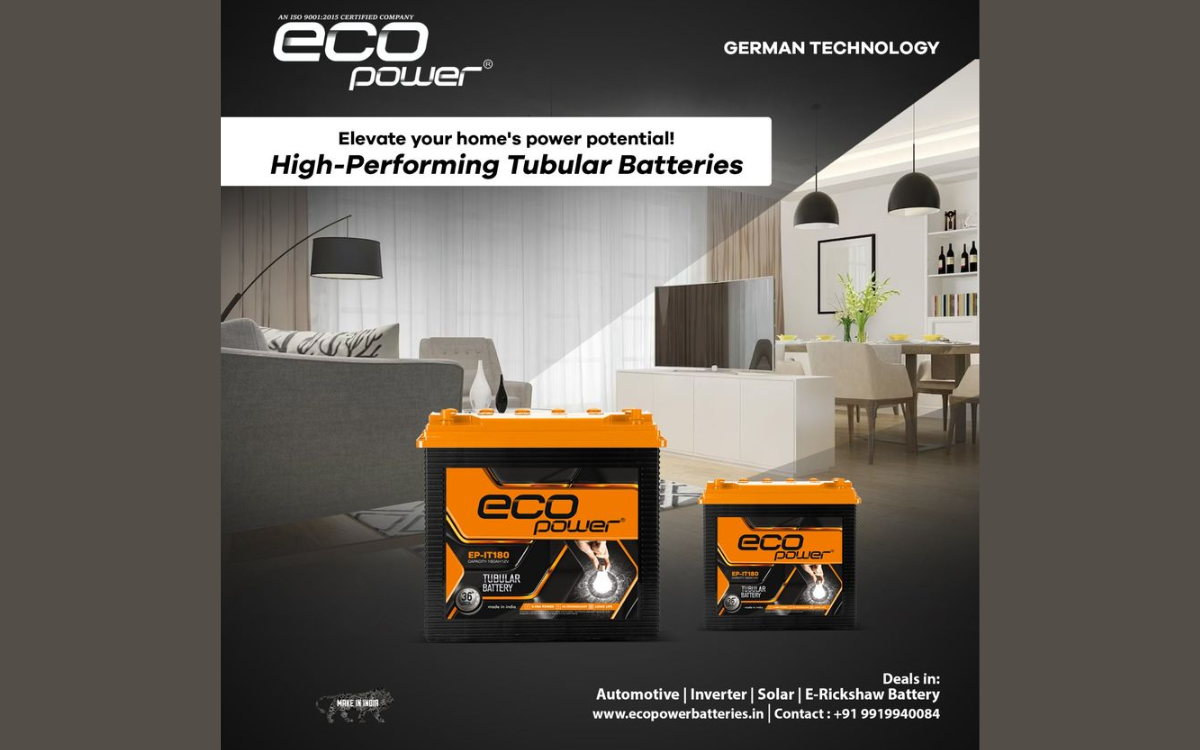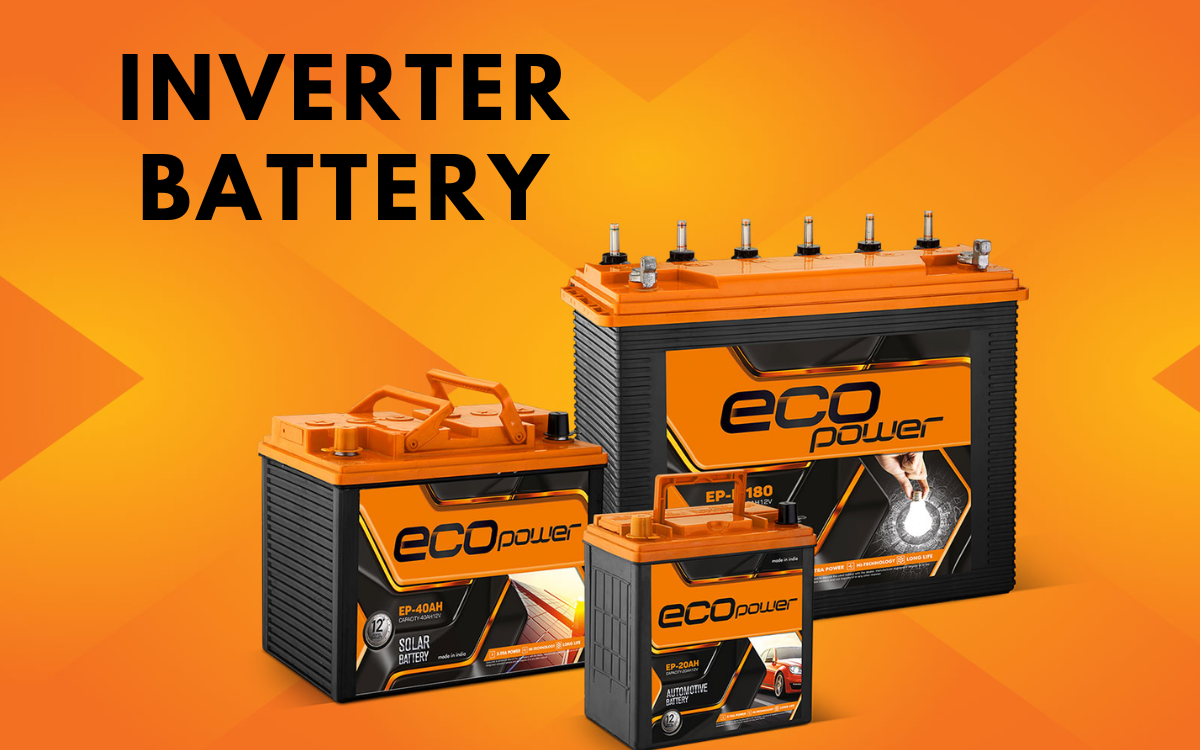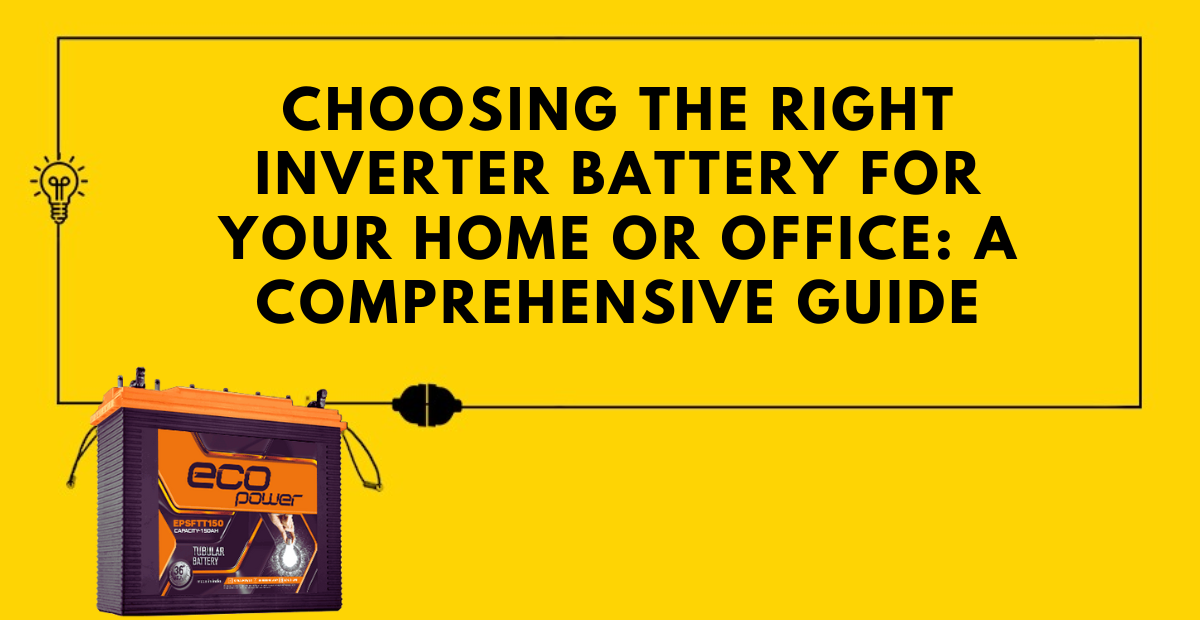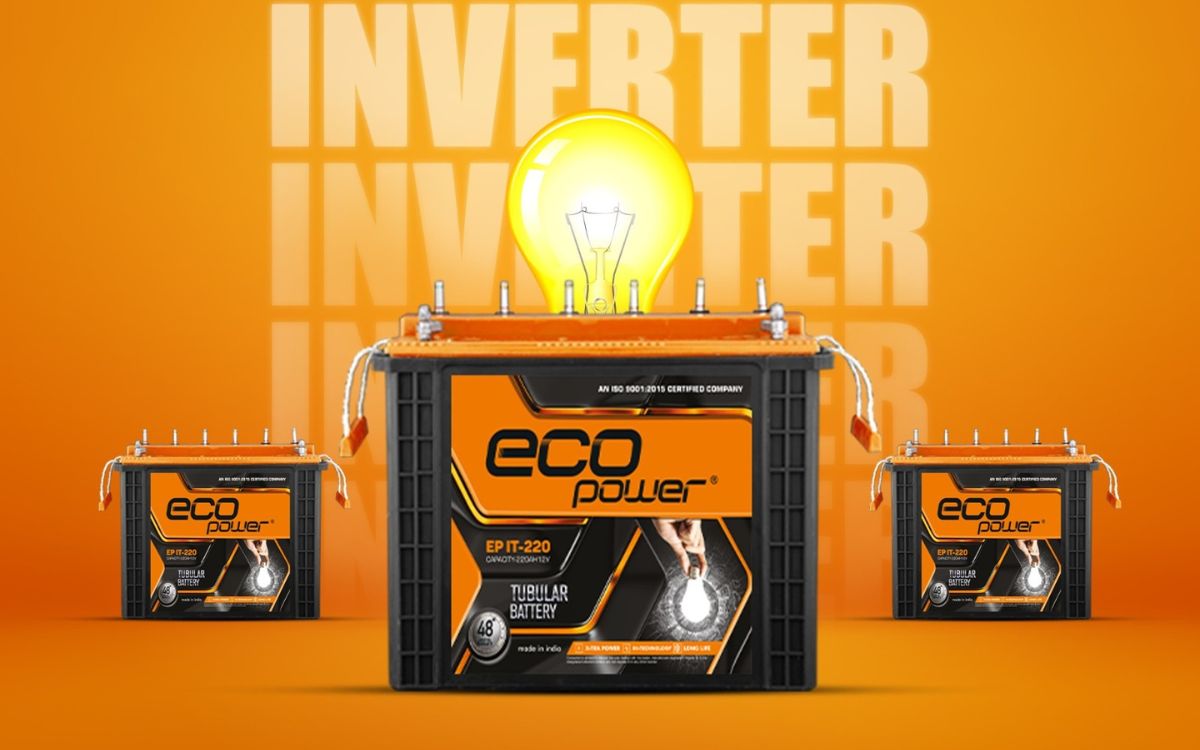Inverter batteries are indispensable for ensuring a continuous power supply during outages, making their selection a critical decision for consumers. The pricing of these batteries is influenced by various factors, each playing a distinct role in determining the overall cost. From the type of battery chemistry employed to brand reputation, understanding these elements is crucial for making informed choices in the purchase of inverter batteries.
1. Battery Chemistry and Composition:
The type of chemistry used in inverter batteries, such as lead-acid or lithium-ion, significantly impacts costs. Lead-acid batteries are traditional and cost-effective but offer lower energy density and shorter lifespan compared to lithium-ion batteries. Lithium-ion batteries, though pricier, provide higher performance, longer lifespan, and greater energy density, making them a premium choice for those seeking enhanced reliability and efficiency in power backup solutions.
2. Capacity and Energy Storage:
The capacity of an inverter battery, measured in ampere-hours (Ah), is a pivotal factor in determining its cost. Higher-capacity batteries can store and deliver more energy, resulting in longer backup durations. This increased energy storage capability comes at a higher cost, making batteries with larger capacities more expensive but essential for users requiring extended power backup during prolonged outages.
3. Inverter Battery Lifespan:
The longevity of an inverter battery, often expressed in the number of charge cycles it can undergo, is a critical determinant of its price. Batteries with longer lifespans can endure more charge-discharge cycles over their lifetime, offering prolonged service. These batteries often come with a higher price tag due to the advanced materials and manufacturing processes required to achieve extended durability and reliability, making them a cost-effective choice over the long term.
4. Technology and Innovation:
Inverter batteries incorporating advanced technologies and innovative features contribute to their higher production costs and subsequently elevated pricing. Features such as smart monitoring systems, fast-charging capabilities, and improved energy management systems enhance user convenience and overall performance but necessitate additional research, development, and production expenses. Consumers opting for batteries with cutting-edge technologies may find the higher upfront cost justified by the enhanced functionality and reliability these innovations bring to their power backup solutions.
5. Brand Reputation and Quality:
The reputation of a brand and its track record in producing high-quality batteries significantly influence the price of inverter batteries. Established brands that have consistently delivered reliable and durable products build consumer trust over time. This trust often translates into a willingness to pay a premium for batteries from reputable brands, as consumers associate the higher cost with a higher likelihood of receiving a reliable and high-performing product. The investment in a reputable brand is seen as a safeguard against potential issues and a guarantee of superior performance, contributing to the overall pricing strategy of inverter batteries in the market.
6. Raw Material Cost:
The costs of raw materials used in manufacturing battery components directly influence overall production expenses and, consequently, the pricing of inverter batteries. Essential materials such as lead, lithium, and other metals contribute significantly to the composition of batteries. Fluctuations in the costs of these materials impact the overall manufacturing cost of batteries. For instance, if there is an increase in the price of lithium due to supply and demand dynamics or geopolitical factors, it can lead to higher production costs for lithium-ion batteries. Manufacturers often need to adjust their pricing strategies in response to these fluctuations, and consumers may experience these changes in the form of variations in the retail prices of inverter batteries.
7. Inverter Battery Design and Build:
The design complexity and build quality of an inverter battery play a crucial role in determining its durability and efficiency. Batteries with robust construction and well-engineered designs may command higher prices in the market. The use of high-quality materials, precision engineering, and attention to detail in the manufacturing process contribute to the overall build quality of the battery.
Consumers often perceive batteries with superior design and build as more reliable, leading to a higher market demand and, consequently, a higher price point. Manufacturers investing in research and development to enhance the structural integrity and overall design of their batteries may justify a premium price by offering improved performance and a longer service life.
8. Maintenance Requirements:
Inverter batteries with low maintenance requirements can have higher upfront costs due to the convenience they offer to consumers. Maintenance-free lead-acid batteries or sealed lithium-ion batteries, for example, eliminate the need for regular checks and water top-ups associated with traditional lead-acid batteries. The higher initial cost reflects the value of reduced maintenance efforts and increased user convenience over the battery’s lifespan.
Consumers may find this cost worthwhile, especially in scenarios where accessibility for maintenance is challenging or when users prioritize a hassle-free power backup solution. The trade-off between upfront costs and long-term convenience is a key consideration for consumers evaluating different inverter battery options.
9. Charging Efficiency and Speed:
Batteries with enhanced charging efficiency and faster charging capabilities are often more expensive. Advanced charging technologies contribute to increased production costs but can offer greater convenience to users. Rapid charging reduces downtime during power outages, ensuring quicker availability of backup power.
The development and incorporation of efficient charging mechanisms involve additional research, engineering, and quality control processes, contributing to the overall cost of the battery. Consumers valuing quick and efficient power restoration may find the higher price justified by the enhanced performance and reduced waiting time for the battery to reach full charge.
10. Environmental Impact and Regulations:
Adherence to environmental regulations and the implementation of eco-friendly manufacturing processes may contribute to higher costs for inverter batteries. Batteries designed with sustainability in mind might incorporate materials and production methods that comply with stringent environmental standards.
Compliance with regulations often involves additional investments in technology and processes aimed at minimizing the environmental impact of battery manufacturing and disposal. While these measures contribute to a greener and more sustainable approach to energy storage, they can also result in higher production costs. Consumers who prioritize environmentally friendly products may be willing to pay a premium for batteries that align with their values and contribute to a more sustainable energy ecosystem.
Eco Power Battery Manufacturer
Eco Power emerges as a distinguished inverter battery manufacturer, prioritizing both performance and environmental responsibility. Leveraging advanced lithium-ion technology, ECO Power’s batteries offer superior efficiency, extended lifespan, and compliance with stringent environmental regulations. The company’s commitment to quality is evident in its innovative features, such as smart monitoring systems and fast charging capabilities, enhancing user experience and convenience. ECO Power stands as a trusted choice for those seeking reliable and sustainable power solutions. With a focus on eco-friendly manufacturing processes, ECO Power not only meets but exceeds environmental standards, positioning itself as a responsible player in the industry. The brand’s dedication to providing high-quality, technologically advanced, and environmentally conscious inverter batteries makes it a preferred option for consumers looking for a robust and sustainable power backup solution.

